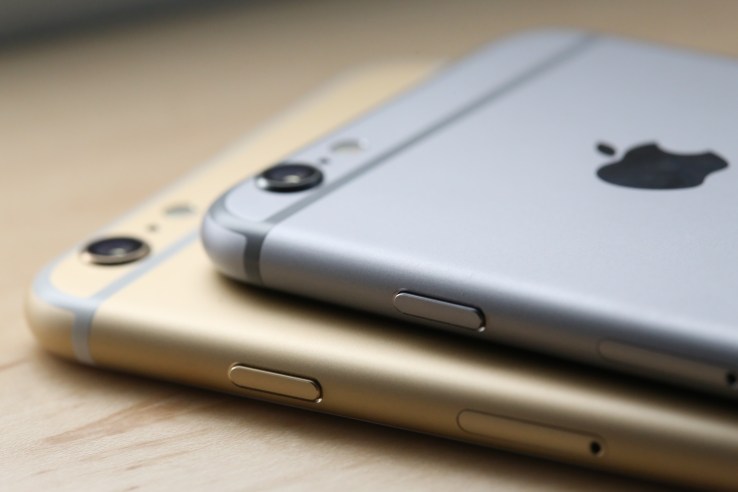
Apple has bigger fish frying in the world of intellectual property. But it must be a relief that an IP court in Beijing has handed the smartphone pioneers a win. On Friday, the courts overturned a May 2016 ruling that said Apple had violated design patents of a small, and now defunct, Chinese company called Shenzhen Baili.
The disputes were over the exterior design of the iPhone 6 and 6 Plus models, which Shenzhen Baili claimed were a copy of their 100C smartphones, curved corners and all. The company “barely existed” at the time it filed the suit. And its 100C smartphones were impossible to find.
Initially, Apple was handed an injunction to stop selling its iPhone 6 line in Beijing, but it quickly filed an administrative appeal and was permitted to sell the phones there again until further review by the court. Damage was likely minimal. Apple was switching up to iPhone 7 when this IP drama first arose, as TechCrunch’s Sarah Perez noted at the time.
Since the Friday decision, iin press interviews, Shenzhen Baili’s legal team has said it plans to appeal. Apple representatives were not immediately available for comment.
Apple has lost market share in China in recent years to up and coming device makers from Xiaomi to BBK Electronics’ brands Oppo and Vivo more recently. However, it has remained the most profitable player in the market. Specifically, as the Motley Fool reports, “In 2016, Apple captured an incredible 79% of global smartphone industry profits with just 14.5% market share.”
The latest IP decision indicates that China courts will not always rule in favor of home town businesses, at least. Another ruling had raised concerns over protectionist precedents.
Last spring, a court allowed leather goods makers Xintong Tiandi to continue making bags using the “iphone” and “IPHONE” trademarks in China. Xintong Tiandi had registered to use the brand name in 2007, while Apple’s smartphones did not go on sale in China until 2009. Apple hadn’t registered the brand specifically to cover leather goods.








 User Center
User Center My Training Class
My Training Class Feedback
Feedback












Comments
Something to say?
Log in or Sign up for free